Following on from the blog post after the release of the White Paper, the HE & Research Bill provides both clarification and a bit more insight into what the higher education reforms mean for research.
The bill reiterates the creation of the umbrella body United Kingdom Research and Innovation (UKRI) which will include the UK’s seven Research Councils, Innovate UK and Research England. Research England will take over responsibility for HEFCE’s current functions in relation to the allocation of quality-related research funding and knowledge exchange.
The bill also gives away slightly more detail around the reforms and what they mean for research.
- The Secretary of State may add, omit or change the name of a council although this does not apply for Innovate UK or Research England.
- The Secretary of State will also be able to change the field of activity associated with each of the councils.
- The Secretary of State may give UKRI directions about the allocation or expenditure by UKRI of grants received.
- However the Secretary of State will not be able to give direction in respect of functions exercisable by Research England concerning particular courses of study or programmes of research, or the criteria for the selection and appointment of academic staff and for the admission of students.
- The last post highlighted the issue of continued dual support. As expected, the bill introduces the “balanced funding principle” which will ensure that a reasonable balance is achieved in the allocation of funding between the 7 councils and Research England.
As part of wider reforms to higher education, the introduction of the new Teaching Excellence Framework has caused the sector to raise concerns around the possible wedge between research and teaching. Although there is a reference in the White Paper ensuring that teaching and research remain coherent and coordinated at the national as well as the institutional level, the HE & Research Bill provides very little clarity apart from the provision that there will be cooperation and information sharing between Office for Students (OfS) and UKRI. The discussions around the distance between research and teaching have not been diluted since the publication of the bill and this area is one to watch over the next coming months. Jane Forster has written for Wonkhe on research and teaching, you can view her blog here.

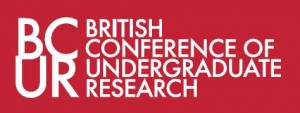
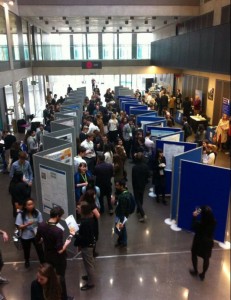 Aaron Wornes, final year international hospitality management student who presented his research on The General Attitudes of Self-Service Technology said “The diversity and level of research that was being presented was enthralling. I felt so proud that I was able to share my interests though my own research. My only regret was that I didn’t hear about BCUR sooner, I can’t wait for Bournemouth to host next year”. Edwin Lewis, a final year Tourism Management student made the following observations, “…it has given me time to reflect not only on my own research and what else I could include, but also the wide variety of undergraduate research that is being studied. The conference really helped me understand how important it is to recognise research projects. I am very excited that BU gets to hold BCUR next year”. Edwin presented his dissertation research on The Impacts of Airline Hubs on the European Aviation Market, A Case Study of the Emirates.
Aaron Wornes, final year international hospitality management student who presented his research on The General Attitudes of Self-Service Technology said “The diversity and level of research that was being presented was enthralling. I felt so proud that I was able to share my interests though my own research. My only regret was that I didn’t hear about BCUR sooner, I can’t wait for Bournemouth to host next year”. Edwin Lewis, a final year Tourism Management student made the following observations, “…it has given me time to reflect not only on my own research and what else I could include, but also the wide variety of undergraduate research that is being studied. The conference really helped me understand how important it is to recognise research projects. I am very excited that BU gets to hold BCUR next year”. Edwin presented his dissertation research on The Impacts of Airline Hubs on the European Aviation Market, A Case Study of the Emirates.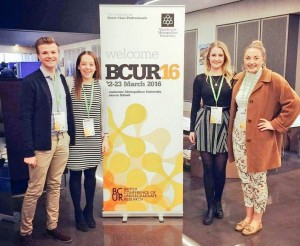
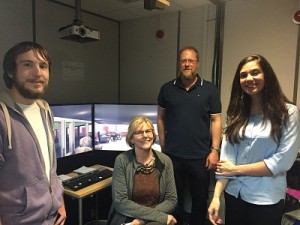
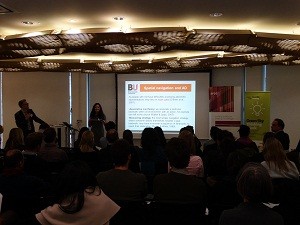
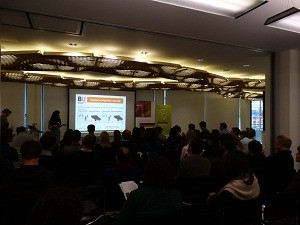


 A recent upgrade on BRIAN means that you are now able to link
A recent upgrade on BRIAN means that you are now able to link 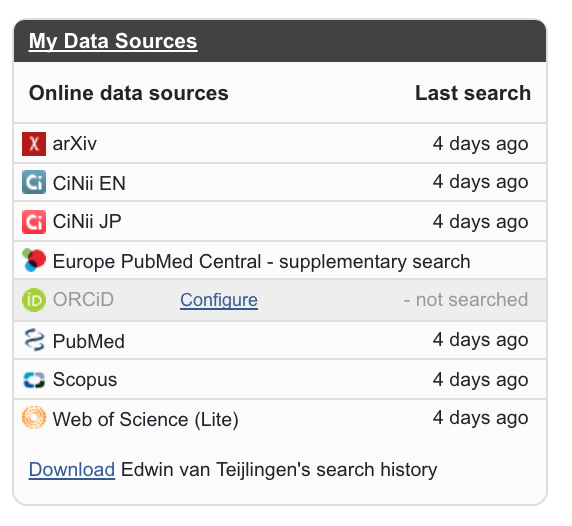
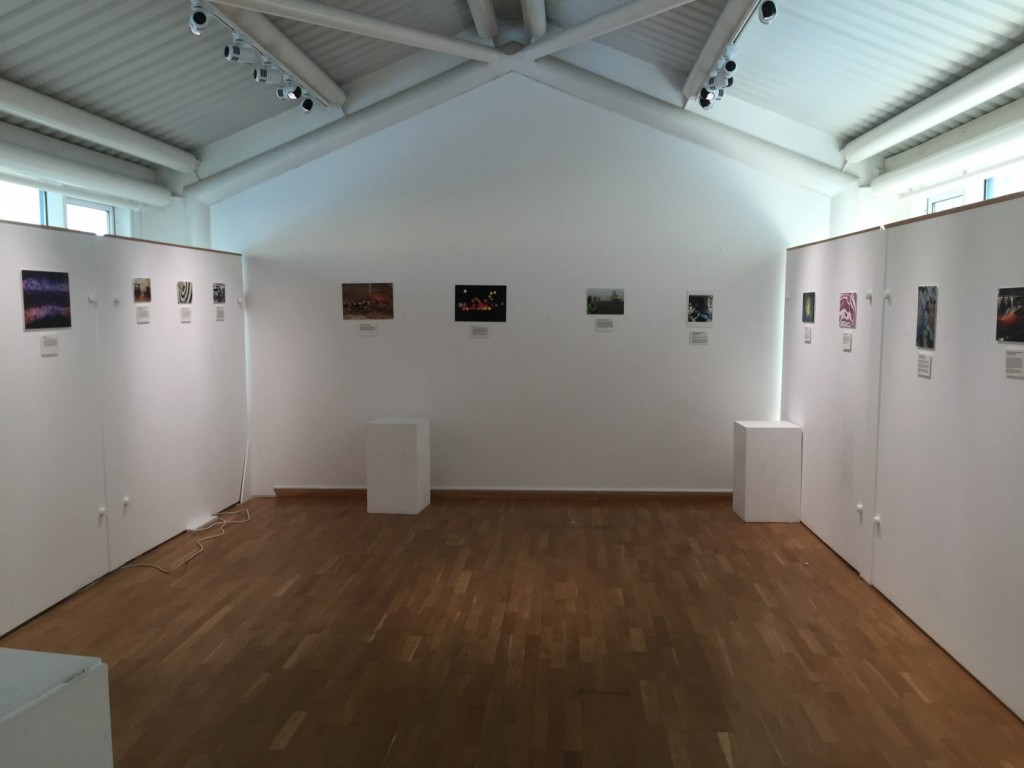


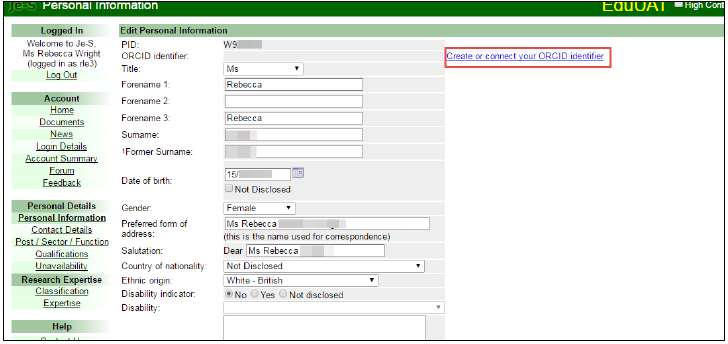


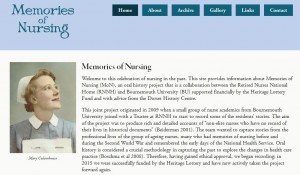












 Read and sign up to BU’s Policy Influence Digest
Read and sign up to BU’s Policy Influence Digest Upcoming opportunities for PGRs – collaborate externally
Upcoming opportunities for PGRs – collaborate externally BU involved in new MRF dissemination grant
BU involved in new MRF dissemination grant New COVID-19 publication
New COVID-19 publication MSCA Postdoctoral Fellowships 2024
MSCA Postdoctoral Fellowships 2024 Horizon Europe News – December 2023
Horizon Europe News – December 2023